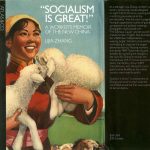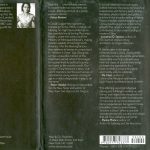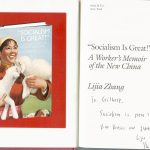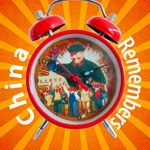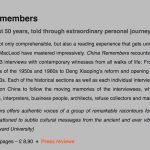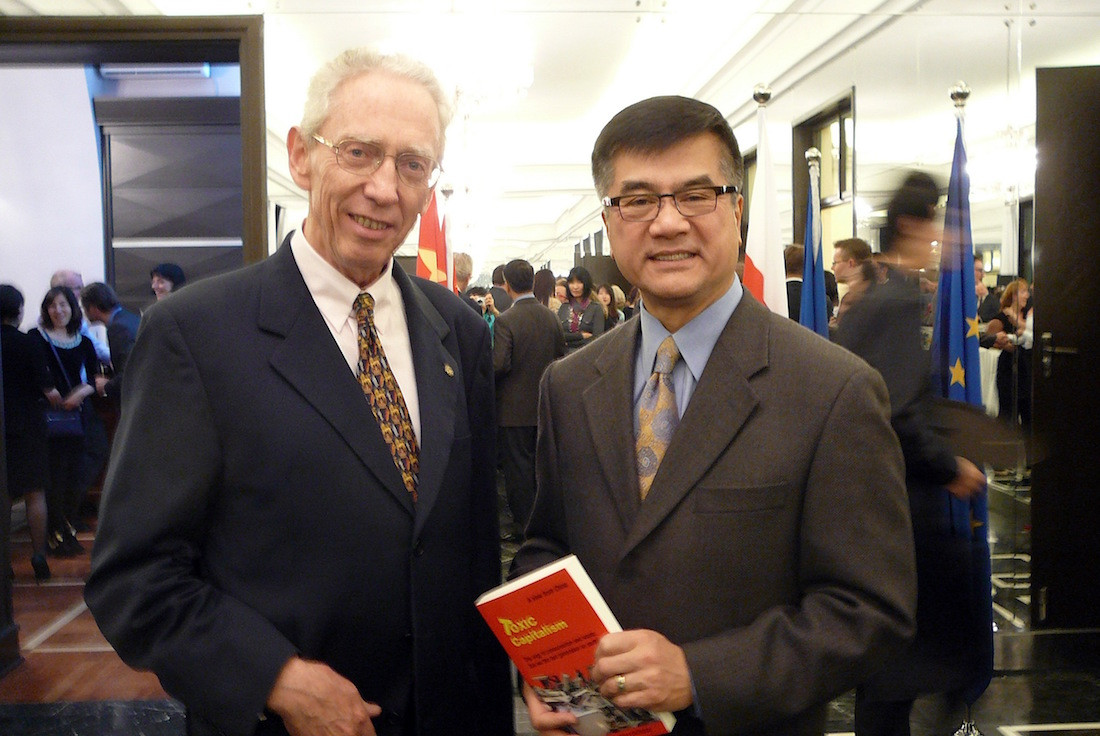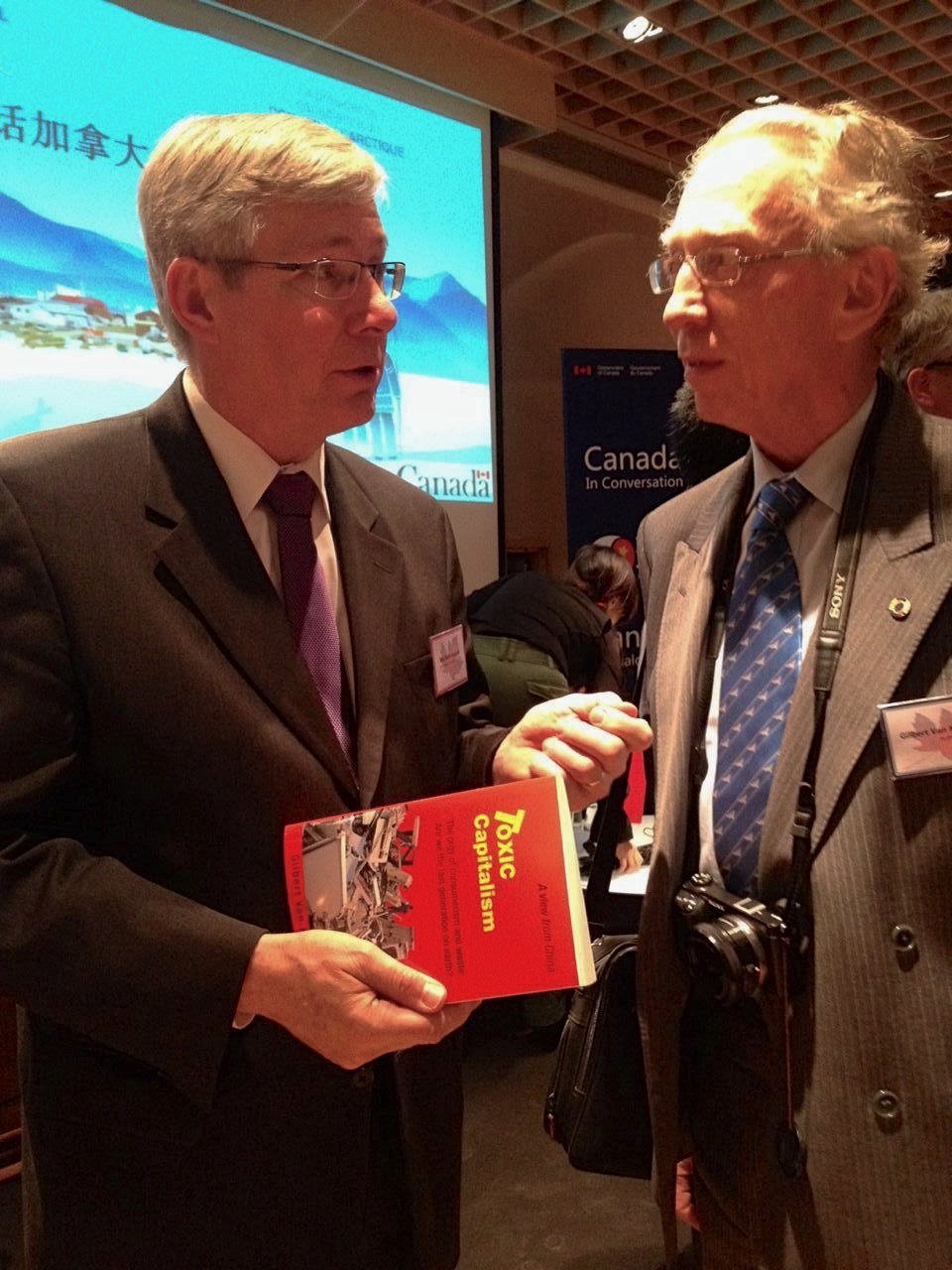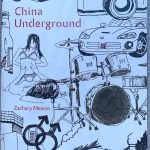Where is “Socialism”?
Of the other books by Lijia Zhang I should mention her first book “Socialism Is Great!” A worker’s Memoir Of The New China.
Well yes, found it back in my library and to my great shame I somehow never read up. It will be my next reading… Worse, I am not sure when I actually bought the book… Shame…
A new book is out
“China Remembers” is an oral history book of China’s first 50 years that Lijia Zhang co-authored with Calum MacLeod. A Germany based publisher has just published it as an e-book. See the link below.
https://www.wandtigerverlag.de/en/latest-publication/
and
https://www.amazon.co.uk/dp/B08CNJGF57/
People say that to understand China, you need to understand its past.
Her introduction of the book:
The PRC’s first 50 years, told through extraordinary personal journeys
Making history not only comprehensible, but also a reading experience that gets under the skin: this is the art that the two authors Zhang Lijia and Calum MacLeod have mastered impressively. China Remembers recounts the first fifty years of the People’s Republic of China (1949-1999) in 33 interviews with contemporary witnesses from all walks of life: From the founding of the state by Mao Zedong and the mass movements of the 1950s and 1960s to Deng Xiaoping’s reform and opening policy and China’s rise to become a great economic power in the 1990s. Each of the historical sections as well as each individual interview is expertly introduced, and so one does not have to be a an expert on China to follow the moving memories of the interviewees, who include soldiers, farmers, street vendors, priests, teachers, singers, interpreters, business people, architects, refuse collectors and many other professions.
China Remembers offers authentic voices of a group of remarkable raconteurs for those who are willing to listen as well as for those whose ears are attuned to subtle cultural messages from the ancient and ever vibrant civilization. (Du Weiming, Professor Emeritus of Asia Center, Harvard University)
